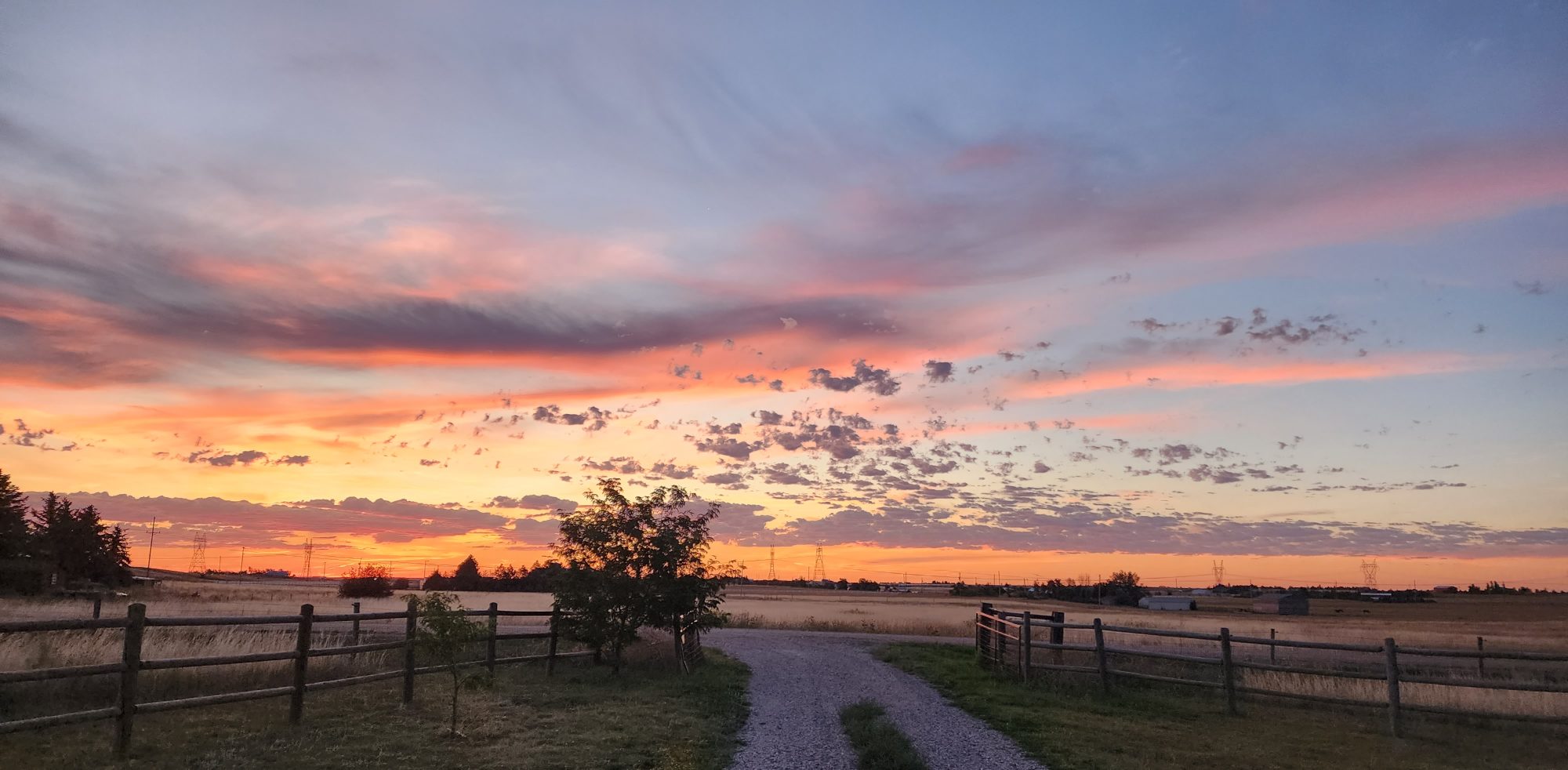Summary of passages: Genesis 12:4-9: Abram obeyed God and set out for Canaan at the age of 75 with his wife, Sarai, his nephew, Lot, and all the possessions and people they had acquired in Haran.
At the tree of Moreh at Shechem the Lord appeared to Abram and told him he will give Abram’s offspring this land (which was currently occupied by the Canaanites). Abram built an altar there for the Lord.
Abram continued on his journey, stopping at Bethel to build an altar to the Lord and call upon his name and then continuing towards Negev.
Hebrews 11:1, 8-10, 15: Faith is being sure of what we hope for and certain of what we do not see. Abraham had faith when he answered God’s call and traveled to Canaan to receive his inheritance even though he had no idea where he was going. He moved to a strange land, lived in tents, and raised his family–all while looking forward to the city of God. He was looking for God’s heavenly country and not a country on Earth.
Questions:
7a) FAITH
b) Personal Question. My answer: I think we all have experiences if we follow God most days of our lives. For God is in the little things just as much as He is in the big things such as moving. God wants all of us all the time.
I have been praying and praying about my husband’s job for he will be moved across country again. I have been praying and praying about what God wants me to do with this talent I have. The key is to respond in faith and live faith every day of your lives. I homeschool my kids cause I believe that is God’s calling for me. I write this blog every day as I believe that as well. I write my heart into the stories I write and weave God into them through faith in Him and what He wants me to do with this life.
c) “Anyone who trusts in Him will never be put to shame.”
8a) Verse 4 (“So Abram left) and verse 5 (“took…all the possessions they had and the people.”
b) God, Sarai, Lot, other people from Haran
9a) “To your offspring I will give this land.” So not only to Abram but to his kids as well.
b) He built an altar and presumably worshiped God and offered sacrifices
c) Personal Question. My answer: Through all my husband’s layoffs, we have been provided for. All the moves have been in His plan. Right now, I am doing my work in Faith.
10a) He moved on to Bethel and built an altar to the Lord and called on His name and then he continued toward the Negev. In essence, he continued following God’s plan for him.
b) Colossians 1:23: Continue your life in faith and not moved from the hope Jesus gave us. Verse 22 adds we are reconciled to God through Christ if we continue in faith.
Colossians 2:6-7: Continue to live in Christ Jesus, rooted in him, strong faith in him, and overflowing thankfulness in him.
Hebrews 6:1: Continue to mature in Christ, continue faith in God and repenting from acts that lead to death
Hebrews 10:35-38: Persevere in God’s will for your life so you will receive what He has promised and live by faith. Have confidence in what God is doing with you.
1 Peter 2:2: Continue to grow in God’s goodness (verse 3) and in your confidence in your salvation by craving God’s goodness and purity
Conclusions: BSF should subtitle the Study of Genesis as the Study of Hebrews.
If you haven’t gotten it yet, Abram was FAITHFUL.
However, IMPORTANT NOTE: Abram did not obey God fully. The Lord says in verse 1 “Leave your country, your people and your father’s household”. Abram did not do this. He brought Lot and other people from Haran with him. We will soon see how Lot turned out. Like the rest of us, Abram is human, too.
Also, a big deal is made in Hebrews about tents. Even today people who live in tents are travelers, not permanent settlers. Like when you go camping. You pitch a temporary home. The writer of Hebrews is trying to drill that point home. Abraham lived in tents because he was looking forward to his permanent home in God’s kingdom, heaven. He could have built a house once he settled but he didn’t. He was just passing through this world.
End Note: Map of Negev HERE. The Negev is a desert region in Israel where Abram was headed. It still is called the Negev today.
